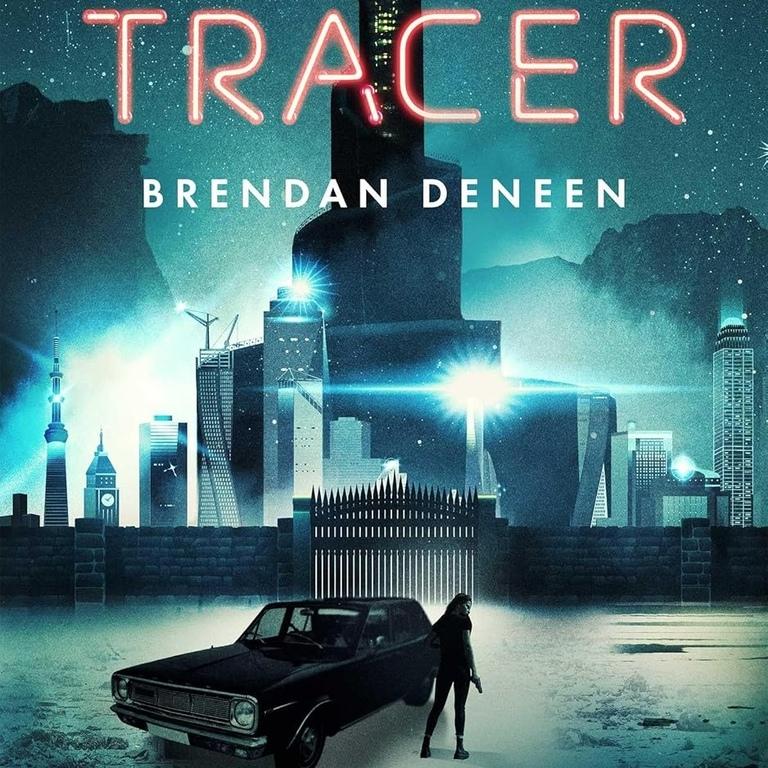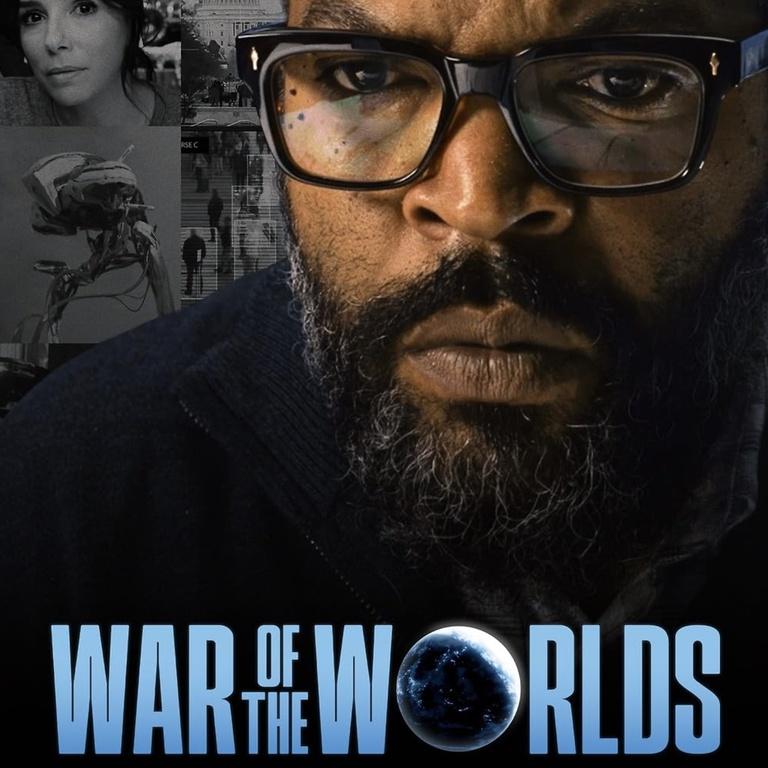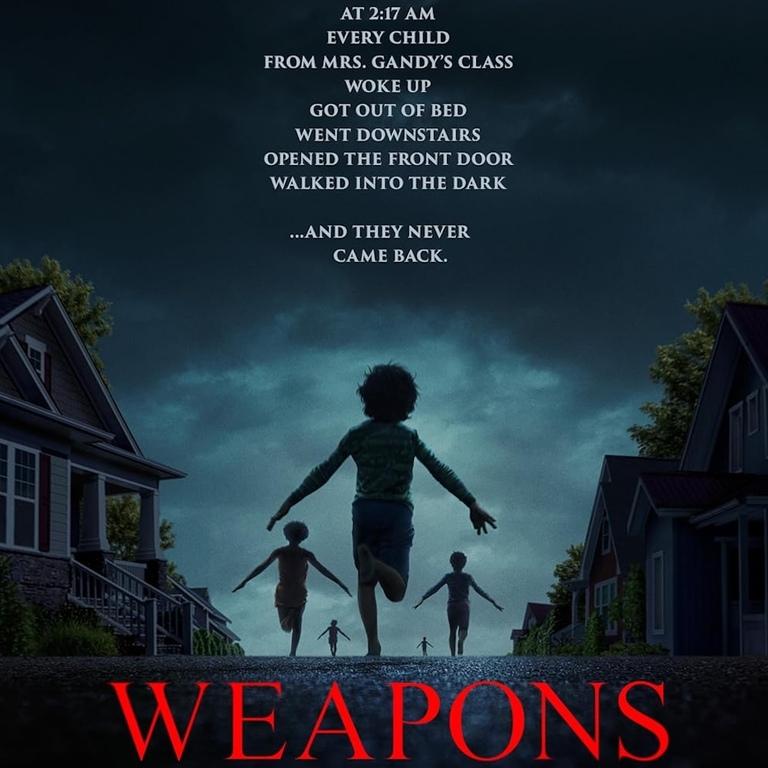Several years back, I was at an excellent event in Dublin which took place in the remarkable surroundings of the Freemason’s Grand Lodge. It was an unusual event in more ways than one, with a more academic focus than most conventions. I was on a panel about ‘Reading 21st Century Horror’, alongside such luminaries as GHOSTWATCH author STEPHEN VOLK and DR XAVIER REYES who, to my utter disbelief, mentioned that a course he taught included HATER as a reference.

I remember initially being surprised that one of my nonsense horror novels would be discussed by serious academics, but then thinking, why the hell not? People are often dismissive of speculative genres, styles, and content, often because they deal with implausible and sometimes cartoonish themes and events. I remember getting pretty animated on that panel and having something of a mini-rant the more I thought about it. Often bizarre themes are used by authors as metaphors to make important points. The relationship between the living and the dead in zombie novels, for example, has long been used as a means to write about racism, inequality, religious beliefs, and all manner of other ways we separate ourselves from other people. At the event in Dublin, I argued that writers of speculative fiction should be listened to, because what we’re often doing is looking at the worst case scenario and warning people what might happen. HATER, for example, is exactly that: our fear and distrust of the other, taken to its absolute extreme. I wrote the book in 2006. Almost 20 years later, the kind of violent polarisation I imagined about feels increasingly close at hand.
What’s all this miserableness got to do with anything? It’s actually a roundabout way of recommending a book.
These days we’re used to hearing people mention GEORGE ORWELL’S 1984 and ALDOUS HUXLEY’S BRAVE NEW WORLD as examples of speculative fiction that may have seemed extreme when they were first published, but which are increasingly prescient in our current era of fake news, conspiracy theories, and social media distortion. The name BIG BROTHER has become synonymous with Internet use and the control of personal data, and if I had a pound for every time I’d heard someone quote “The Party told you to reject the evidence of your eyes and ears. It was their final, most essential command” when talking about certain political figures both here and abroad, I’d have amassed a small fortune over the last few years.
Here’s another title to add to the list: IT CAN’T HAPPEN HERE by SINCLAIR LEWIS.
A cautionary tale about the fragility of democracy, it is an alarming, eerily timeless look at how fascism could take hold in America. Written during the Great Depression, when the country was largely oblivious to Hitler’s aggression, it juxtaposes sharp political satire with the chillingly realistic rise of a president who becomes a dictator to save the nation from welfare cheats, sex, crime, and a liberal press. Called “a message to thinking Americans” by the Springfield Republican when it was published in 1935, It Can’t Happen Here is a shockingly prescient novel that remains as fresh and contemporary as today’s news.
This isn’t the place for political arguments, but there’s no denying the similarities between the events that are described in this book and aspects of what has happened in the US since January. Similarly, it’s no great leap to imagine control of the state being wrestled away and democracy replaced by autocracy anywhere a populist leader is elected. I thought this was a fascinating read. It’s undoubtably dated, but for a book that was first published ninety years ago, many aspects of it remain astonishingly prescient. No matter where you stand politically, it’s worth taking pause and adding IT CAN’T HAPPEN HERE to your dystopian library, not just to understand how fascism can take root, but also to consider what the implications of that might be.
Thanks for reading.
Over the years I’ve recommended many films, books, and podcasts. You can find a full list of them here.
A lot of folks find their way to this site from search engines and social media via these recommendations. If you’re new here, let me introduce myself – I’m DAVID MOODY, author of dystopian horror and science-fiction. I’m best known for the HATER and AUTUMN novels, but you can find all my books here.
My latest novel is SHADOWLOCKED – you can find out about it here.


